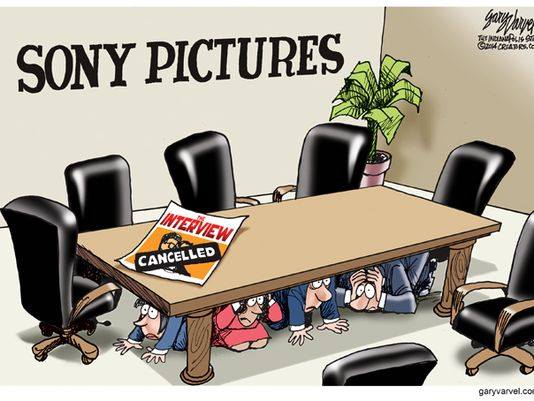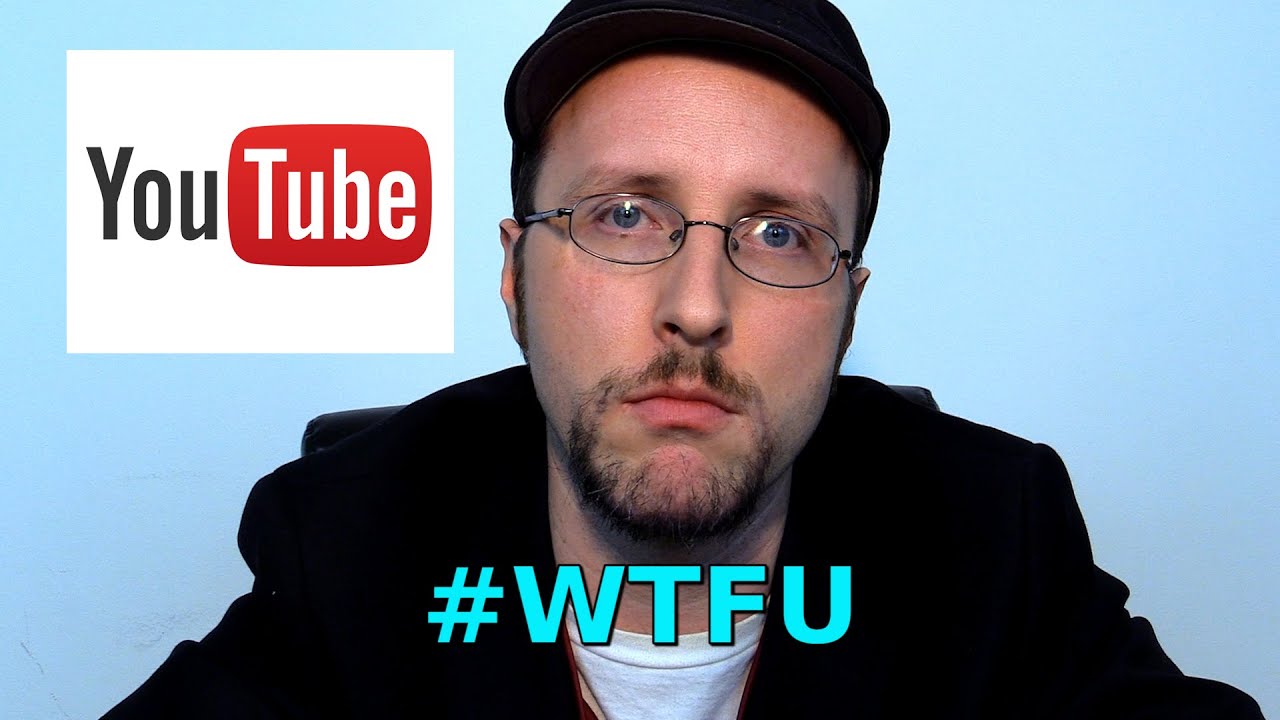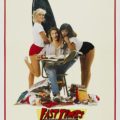
It is normal and common for viewers to love antiheroes on screen – that is the intention of the directors, after all. Antiheroes developed as a result of the traditional portrayal of heroes becoming too mundane and boring for modern films. The introduction of antiheroes put a twist on regular heroes, offering a more thought-provoking, love-hate relationship between the characters and viewers. Antiheroes are those characters that lack characteristics attributable to conventional heroes. They usually have a tragic past, provoking sympathy, and sometimes empathy, in viewers. This leads to continuous support for these characters despite their repeatedly terrible actions. A popular example is the Joker, who despite being murderous and crazy, evokes our support due to his pitiful past. These confusing feelings in viewers are understandable and justifiable. However, when does this go too far? When does our love for antihero characters become unjustifiable?
The example of Henry Hill from “Goodfellas” is very telling. Henry Hill is undoubtedly a brutal mobster who has made a living by ruining other people’s lives. His backstory isn’t even a traditional “sob story”, he just really wanted to be a gangster. Even if organized crime violence doesn’t upset viewers, the abuse of his helpless wife and children should. So, why do we still love him as much as we do? Aside from his attractive, charming, intelligent nature, he is still a violent criminal. Perhaps we don’t really like him; we are just subjects of the director’s manipulation. Following Henry through his perspective in life gives us access to his inner thoughts, building a closer relationship. Also, the director strategically inputs some points of redemption (if we can even call it that) to his character. For example, Henry’s (mild) reactions to killings are considered excessive and uncommon in the mobster world. Certain scenes, such as when Henry vomits upon digging up a corpse, manage to humanize him a little more; he is a terrible person, just not the worst. He did snitch on his mobster colleagues, but that was purely for his self-interest. Lastly, his attractive, glamorous demeanor makes him hard to hate and enjoyable to love. However, after realizing that Henry Hill doesn’t have the conventional tragic background and redeeming qualities that typical antiheroes have, it leaves me wondering how easily we can be manipulated into liking the character anyway, and whether viewers’ support for him is justifiable.
Ultimately, we are not to blame for loving these antiheroes, since the directors employ strategic means to evoke our support. Who would enjoy a movie that is spent hating the main character the entire time? Maybe loving antiheroes is perfectly acceptable. Though, if we become so desensitized to antiheroes, just as we did with heroes, what will come next? Crime in media is consistently grasping the attention of viewers, and movies are only getting more competitive. Movie-makers will continue evolving antiheroes to keep them interesting, and this may be done by making the characters even more senselessly immoral. Henry Hill already exceeds the boundaries of an “antihero”, and yet we don’t hate him. The intersection between media and crime could become too dangerous if we find ourselves manipulated into loving characters that are pure villains. At that point, it might just get too far.








I think viewers like antiheroes so much because they are more realistic. Of course, we all wish to be perfect and never make any mistakes, but because we are humans, we find ourselves making them one way or another.
This is such a great post! I have been thinking about this as well. After I watched Joker, I was a bit disgusted with the idea that he was supposed to be the “good guy” or anti-hero of the movie. Only the killings on the subway that he did in that movie were justifiable in my eyes. I understand the concept of having sympathy for what the antihero is put through and having understanding of why they are the way they are. However, I think that directors need to do a better job showing the monsters they actually turn into. I watched a show called Peaky Blinders recently and they did this well in one episode. The main antihero Tommy, was mad that someone used his newborn son as a way of blackmail, and told that person they “crossed the line”. The person fired back asking how many sons and families had Tommy butchered and killed, and that there is no line for people like them. Watching the scene does it better justice, but I think that audiences need to be checked by directors to make sure they realize how awful antiheros are just like that Peaky Blinders scene did.
Hey Jessica,
I loved your topic on antiheroes and the blurred boundaries between media and crime! And I found it interesting thinking about that line between becoming desensitized to the crimes of antiheroes and trying to understand their perspective of why they think/act a certain way. The tough part about this topic is that at the end of the day (whether portrayed on screen or in real life), these people are human, so they will have some backstory regarding who they are and how they came to be. Because of this fact, I think it’s hard not to humanize these characters as they are (retrospectively) humans. However, I believe it is important for us to understand the weight of their crimes and the impact that it’s had on other people, as being human/having a backstory doesn’t justify the responsibility they need to take for their actions. The reason why (I believe) we become so desensitized to these stories about antiheroes and criminals (in general) is that we focus more on their personal narrative (kind of like a first-person point of view). With that focus comes more attention to the person themselves rather than the horror of their crimes. And I think that’s where many movie-makers need to be careful. They can take the time to give the viewer a good understanding of the antihero at play. But, they should showcase how much their crimes impacted other people’s lives which I think is incredibly difficult to do in film given the short time frame and spacing of the narrative.